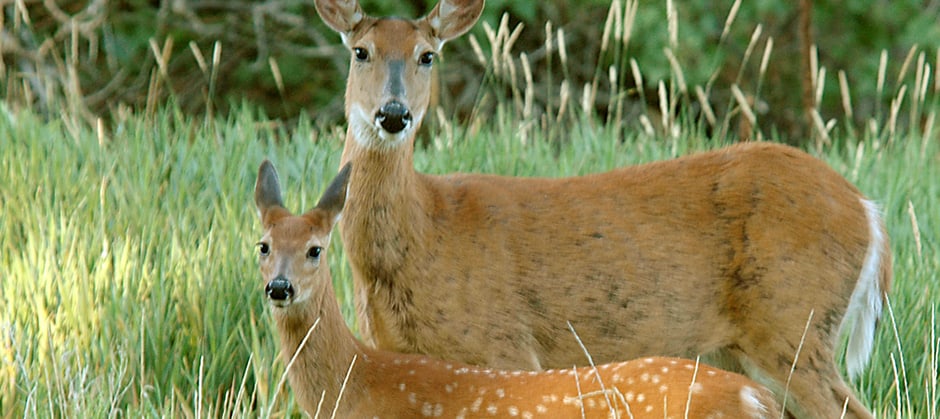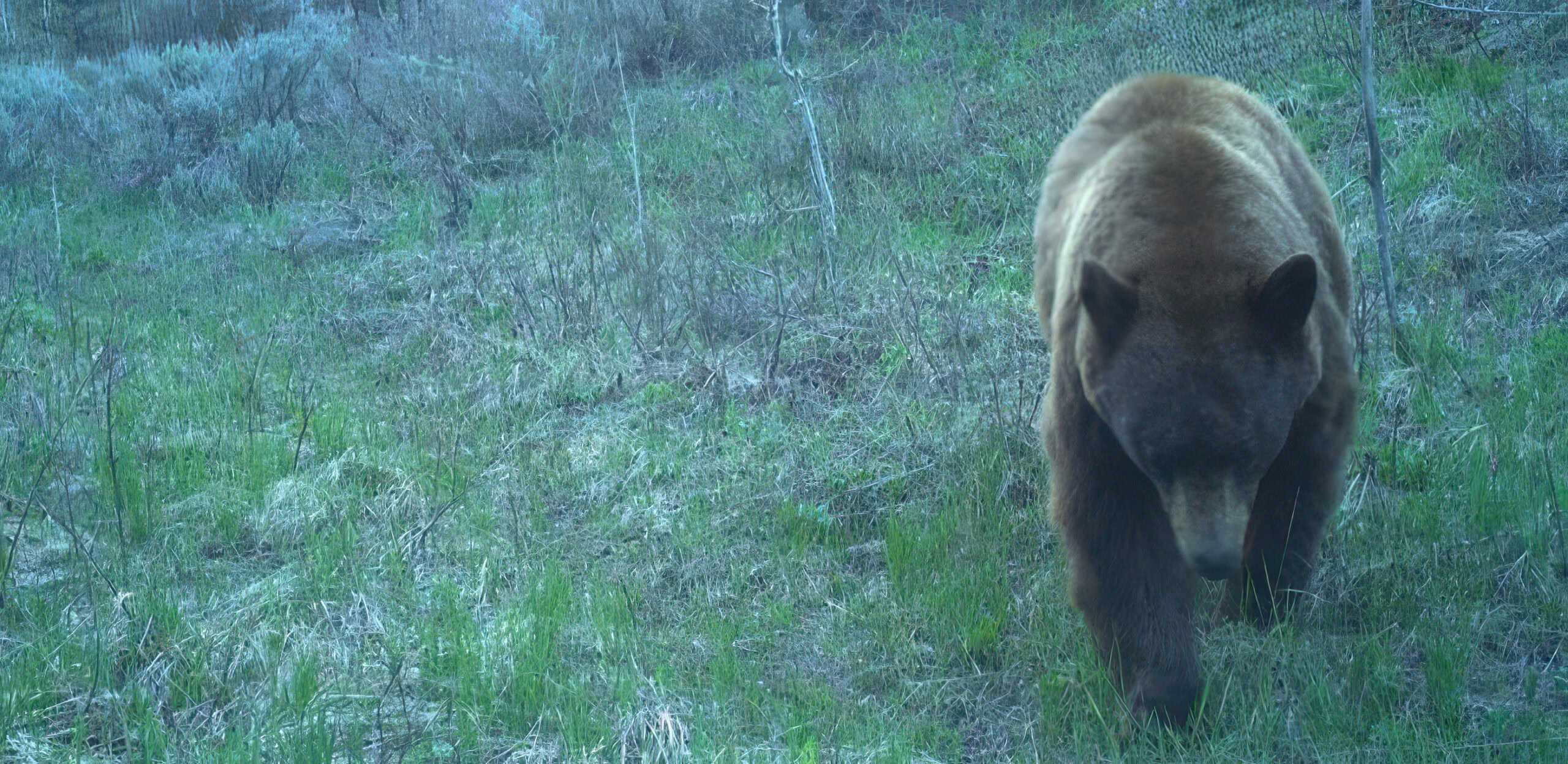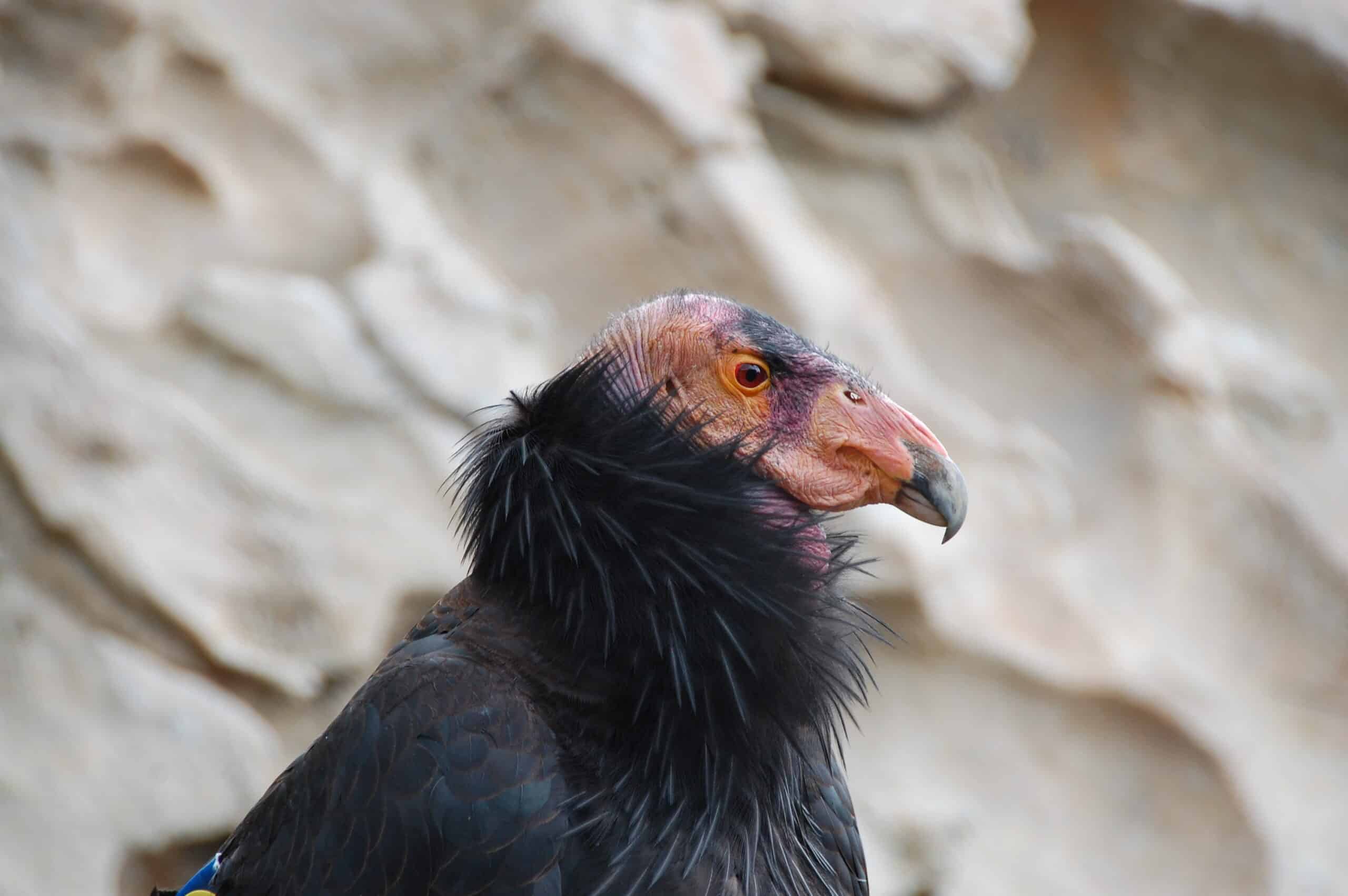Share this article
White-tailed deer can get coronavirus but show mild symptoms
In the year since the novel coronavirus erupted in North America, biologists have gotten a better sense of what impacts the virus could have on the continent’s wildlife. North American bat species — once considered a risk for contracting the virus — seem to be less of a concern, while white-tailed deer are highly susceptible but have shown only mild symptoms in lab settings.
“It appears that the risk to wildlife from SARS-CoV-2 is low, but continued vigilance is warranted,” said Jonathan Sleeman, director of the U.S. Geological Survey’s National Wildlife Health Center, in a session at the virtual 86th North American Wildlife and Natural Resources Conference.
Mitchell Palmer, lead scientist at the USDA National Animal Disease Center, said researchers inoculated white-tailed deer (Odocoileus virginianus) fawns with strains of the SARS-CoV-2 virus in two separate studies, the first of which is in pre-print. The deer carried the virus and spread it to other deer that were not inoculated.
In the first study, using a virus sample taken from affected tigers, the deer showed presence of the virus but no symptoms. In the second study, using a virus sample from humans, deer showed mild symptoms, including coughing and mild mucous discharge, but no fever. One deer “moved to a corner to lie down for several minutes,” Palmer said. Post-mortem investigations showed some had lesions on their lungs.
“The work provides important insights into the animal host range of SARS-CoV-2 and identifies white-tailed deer as a susceptible wild animal species to the virus,” researchers wrote in the pre-print findings.
Many North American bat species, however, do not seem susceptible to the virus, even though researchers suspect the virus likely originated in a bat in China before spreading into human populations, possibly through an intermediate host.
Federal guidelines urged researchers to curtail bat work out of fear that they might spread the virus to bats, which could act as a new reservoir for it. That affected efforts to deal with the fatal white-nose syndrome affecting bats across much of the continent.
But after looking at big brown bats (Eptesicus fuscus), little brown bats (Myotis lucifugus) and Mexican free-tailed bats (Tadarida brasiliensis), biologists found they were unlikely to contract the virus and fieldwork posed little risk, particularly in larger caves and when scientists wore masks and were screened for COVID-19.
“Experts estimated that bats were quite a bit less susceptible than we originally estimated,” said Jonathan Cook, a postdoctoral researcher at USGS.
The only known case of the virus spreading to an animal in the wild in North America is a single mink (Neovison vison) in Utah that was trapped near a mink farm that experienced a virus outbreak.
“There is currently no evidence that the virus has become established in wildlife populations,” said Thomas DeLiberto, assistant director of the USDA-APHIS Wildlife Services’ National Wildlife Research Center.
The virus can be fatal to mustelids, which are highly susceptible to the virus, DeLiberto said. Mink farms in four states and several European countries have seen SARS-CoV-2 outbreaks, where the mortality rate has reached over 40%, he said.
Officials are vaccinating closely related black-footed ferrets (Mustela nigripes) in a breeding program because of the endangered species’ likely susceptibility to the virus.
Other species are also believed to be susceptible, including deer mice (Peromyscus maniculatus), striped skunks (Mephitis mephitis), felids and canids.
For advocates of One Health, an approach that considers the health of humans, animals, plants and the environment holistically, the pandemic has been a case study in the interconnectedness of wildlife and human health and how to control future zoonotic outbreaks.
“We have the chance to do so much better than we did with this one and as we have done throughout history,” said Jonna Mazet, professor of epidemiology and disease ecology at the University of California Davis One Health Institute.
Header Image:
Researchers found that white-tailed deer are susceptible to SARS-CoV-2, the virus that causes COVID-19 in humans.
Credit: Rich Keen/DPRA








